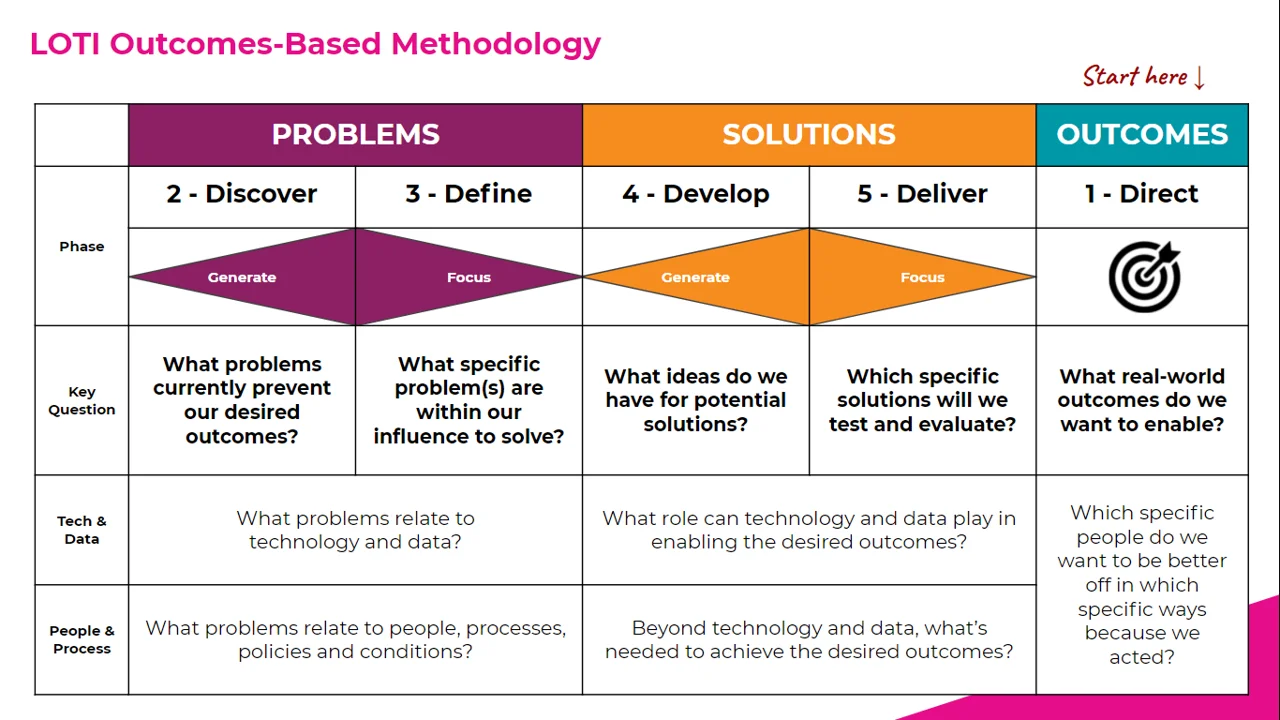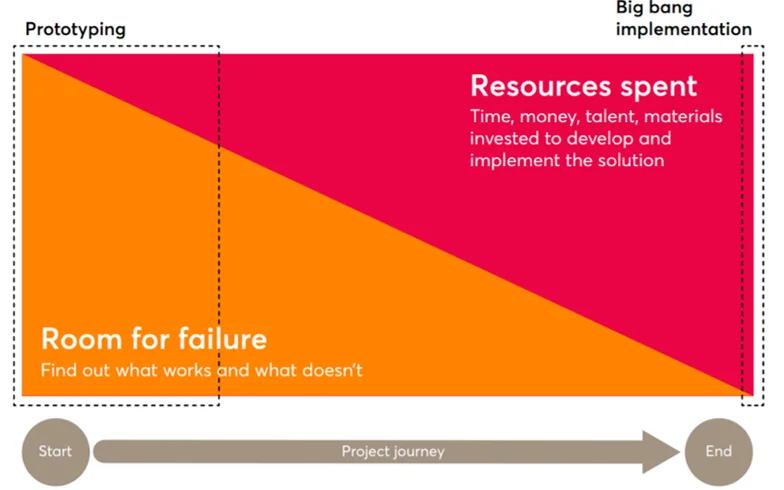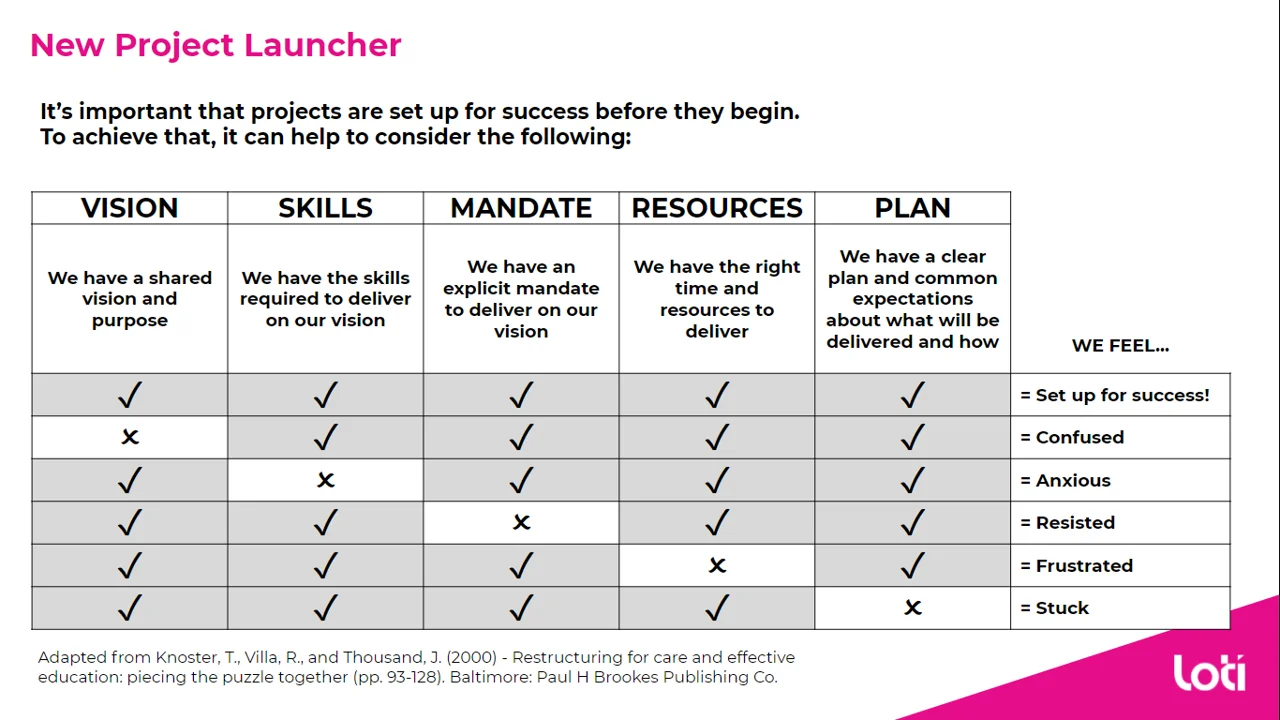Weeknote 41 of 2021
What we’ve been doing
Dementia Care Support Show and Tell
On Wednesday we held a Show and Tell for boroughs and VCS dementia support organisations to hear more about our potential ideas to help people affected by dementia engage digitally. The session’s slides can be viewed here and the video is below. To find out more about the project or register your interest to run a pilot in your borough in collaboration with LOTI and the Helix Centre, please contact sophie.nelson@loti.london.
Social Tariffs
As part of a series of meetings with telcos, we met with Vodafone to discuss their initiatives to support digital inclusion. One programme is communities.connected, which allows councils and other customers of Vodafone Business to purchase mobile broadband contracts on behalf of digitally excluded individuals. Each contract can be one of three lengths and provides unlimited data. LOTI is working to collate and share details of social tariffs provided by all operators to help boroughs support vulnerable residents who lack connectivity.
All-Member session
We convened the main representatives of each LOTI borough for our latest monthly meeting. We had two major discussion items.
The first, presented by Cate McLaurin and Emma McGowan from Hackney, was to establish a LOTI Women’s Digital Leaders Network. The intention of such a forum would be to support the career development and community-building of women, non-binary, and gender-nonconforming people working in LOTI borough digital, IT and data roles. There was considerable support for the idea and a proposal for LOTI to fund the places of around 40 women (two from each borough) to attend the highly regarded UPFRONT confidence course provided by Lauren Currie.
The second major item was about how we as a LOTI community should engage with senior officers and elected members across London local government. The conversation was framed around how LOTI might ensure that:
- Digital and data are recognised by local government leaders as being absolutely central to the effective delivery of virtually all policy and service areas in London local government.
- Leaders know how to support and create the conditions in which digital and data innovation can thrive.
To a remarkable degree, it still feels like digital and data are mainly perceived as being about having a team or function, rather than as a horizontal capability that should be as core to any service or policy area as determining a budget. During a productive discussion, our members shared their thoughts on the following questions:
- Audience: When we say “senior leaders”, do we mean Senior Management Teams and Elected Members? Who specifically? Who else?
- Knowledge: What do we need senior leaders to better *understand*?
- Action: What do we need senior leaders to be able to *do* differently?
- Approach: What combination of approaches can we put in place to bring about this change with leaders?
- Influence: What do we need to change about our own practices and language to deliver this change?
We’ll publish a summary of the key points from that conversation next week.
Things we published
LOTI Resources
We shared a summary of 35 guides, toolkits and templates developed by the LOTI community, which are free for anyone to use. Working in the open is one of LOTI’s founding principles and we strongly believe in its advantages. By sharing early and often, teams can benefit from regular feedback from others, hear about similar work or great ideas from others that they can build on; be held accountable for progress and ensure their lessons are shared to help others. We welcome feedback on any of our resources, which can be found on our website.
LOTI Outcomes-based Methodology
Since our very first day in action, LOTI’s used an outcomes-based methodology, an extension of the Design Council’s double diamond approach. It insists that all projects start by asking: “Which specific people do we want to be better off in which specific ways because we acted?”

The benefits of this way of working are that it:
- Makes it easier to understand which problems and solutions are relevant. Problems are those things that currently prevent the outcome from being achieved. Solutions are those things that enable the outcome.
- Makes iterative design work. Agile projects seek to test, learn and adapt in rapid cycles. By starting with an outcome in mind, projects can ensure this is a process of trial and improvement (each change steers closer towards the desired outcome) rather than endless trial and error.
We’ve added two new diagrams to our methodology deck, which we believe are helpful for this way of working. The first comes from Nesta’s Playbook for Innovation Learning and provides a visual explanation of why agile projects can be less risky than more traditional forms of project management.

The second is the table below, which Eddie originally witnessed being used by Brenton Caffin, Co-Founder and Fellow at States of Change, and which Thea Snow, Director at the Centre for Public Impact, Australia and New Zealand reminded him about last week. The diagram helps outline the things that need to be in place in order for new projects to have a fighting chance of success. We’ll be referring to this as part of the planning stage of future projects.

We hope others will find them useful visual aids, too.
This week
Among other things, this week we’ll be:
- Holding a second Show and Tell for our discovery into digital exclusion in temporary accommodation, on Friday at 10:30am. Register here.
- Taking part in Hounslow’s Digital Festival to talk about the role of data in creating thriving communities.
- Completing our guide on how councils can upcycle old laptops, tablets and smartphones to benefit digitally excluded people.
For all the latest news from LOTI, follow us on Twitter.
Eddie Copeland


